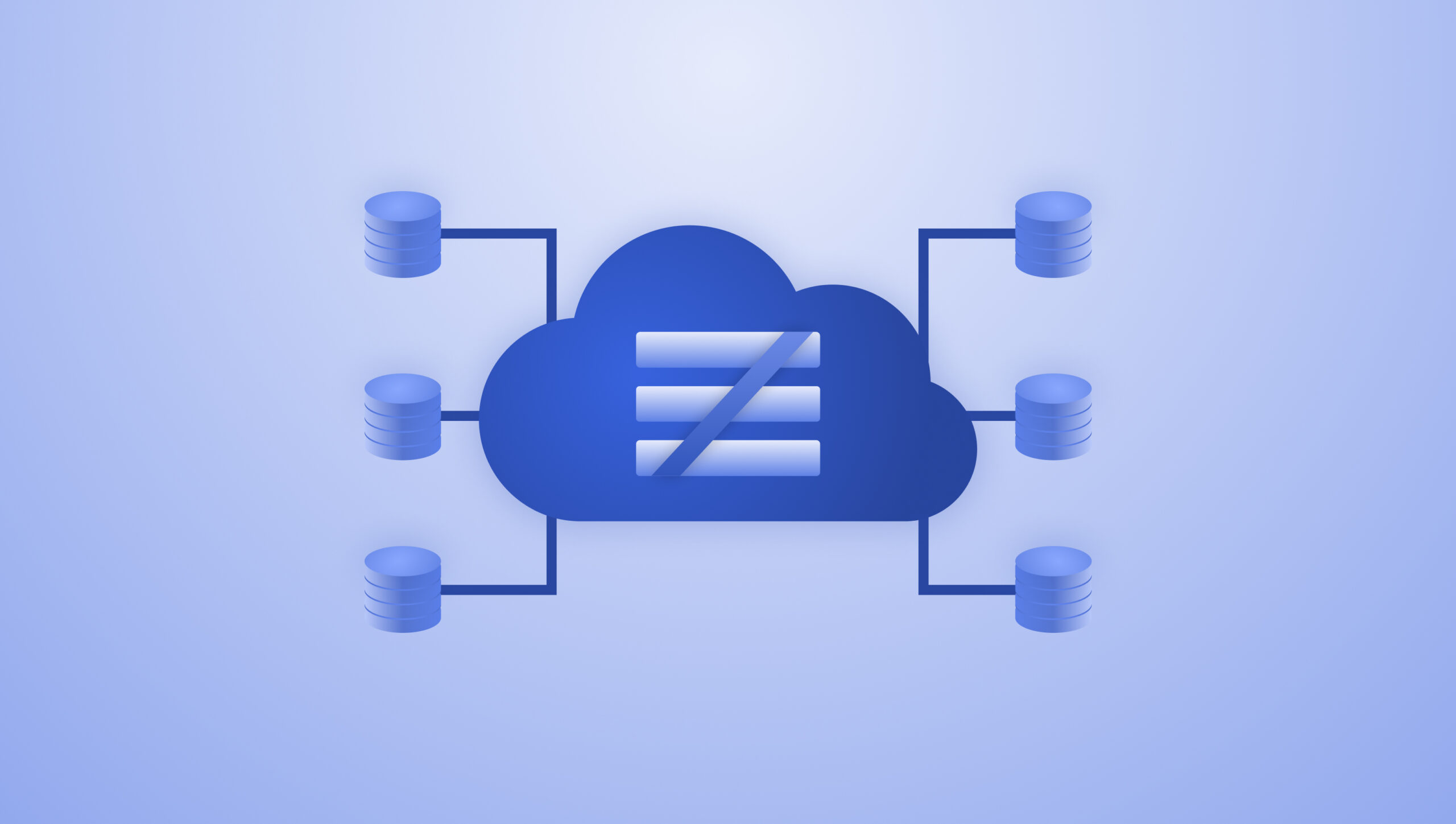In today’s technologically advanced world, our personal data has become increasingly valuable. With the rise of social media, online banking, and e-commerce, it’s no longer a secret that our digital footprint contains a plethora of sensitive information. Protecting your privacy in the digital age is essential to prevent online scams, identity theft, and cyber attacks. Here are 7 practical ways to safeguard your privacy in the digital era.
- Use Strong Passwords
Avoid using simple passwords such as “12345” or “password.” Instead, opt for strong passwords that contain a mix of uppercase and lowercase letters, numbers, and special characters. Also, use different passwords for different accounts and change them regularly.

- Enable Two-Factor Authentication
Two-factor authentication adds an extra layer of security by requiring you to enter a code sent to your phone or email when accessing your accounts. This helps prevent unauthorized access to your personal data.
- Limit Personal Information Sharing
Be cautious when sharing personal information online, especially on social media platforms. Avoid providing sensitive data such as your full name, birthdate, home address, or phone number. Scammers can use this information to impersonate you or steal your identity.
- Install Reliable Antivirus Software
Cyber attacks are becoming more sophisticated, and it’s essential to have reliable antivirus software to protect your personal data from being compromised. This software can detect and block unauthorized access to your computer and online accounts.
- Encrypt Your Internet Connection
Encrypting your internet connection is essential to prevent hackers from intercepting your data. Use a Virtual Private Network (VPN) service to secure your online activity and keep your online identity private.

- Read Privacy Policies
Reading the privacy policy of a website or app is critical to understanding how your data is being used. Look for websites that have privacy policies that clearly state what data is being collected and how it’s being used.
- Be Mindful of Public Wi-Fi
Public Wi-Fi networks are often not secure, and hackers can easily access your data through unsecured connections. Avoid conducting financial transactions or entering sensitive data when using public Wi-Fi networks.
Protecting your privacy in the digital age requires vigilance and awareness. By following these tips, you can safeguard your personal data and prevent cyber criminals from accessing your sensitive information. Stay safe online and protect your privacy at all times.





